Are you planning a thrilling adventure abroad and need a visa to kickstart your journey? Writing a compelling letter for your travel visa application can be the key to unlocking those international borders. In this article, we'll walk you through a simple yet effective letter template that covers all the essential details to maximize your chances of approval. So, grab a cup of coffee and let's dive in to ensure your travel dreams become a reality!
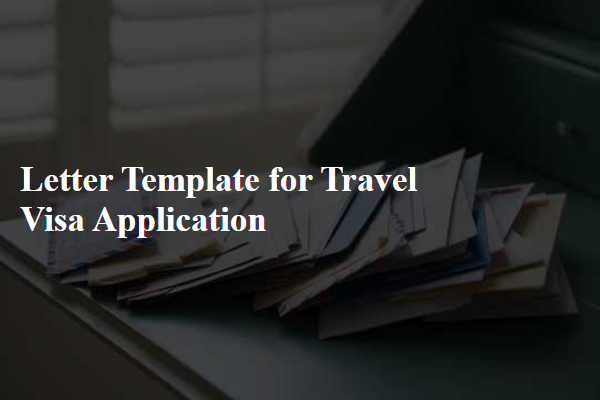
Applicant's personal information
A travel visa application requires accurate and detailed applicant's personal information, including full name (as listed on the passport), date of birth (typically in the format of day/month/year), nationality (indicating the country of citizenship), and passport number (a unique identifier consisting of alphanumeric characters). Additional information may include passport expiration date (the validity period is critical, usually requiring a minimum of six months beyond the intended stay), and contact information (including residential address, phone number, and email address). Employment status and occupation details (to establish financial stability and purpose of travel) along with travel itinerary (specific dates, cities, and accommodations planned for the trip) are also essential.
Travel itinerary and duration
Travel itineraries play a crucial role in visa applications, outlining planned activities and destinations. A well-structured itinerary typically includes multiple locations such as major cities (e.g., Tokyo, Paris, Sydney) along with visit durations (e.g., three days in Tokyo, two days in Paris, four days in Sydney) to provide a clear overview of travel intentions. Dates should be specific (e.g., departing on March 1, 2024, and returning on March 15, 2024) along with flight details such as airlines (e.g., Emirates, British Airways) and expected layover durations. Accommodation information, including hotel names (e.g., Hilton, Marriott) and ratings (e.g., 4-star), adds credibility. Activities (e.g., sightseeing, cultural experiences) also contribute to demonstrating the purpose of travel, supporting the intentions outlined in the visa application.
Purpose of visit and invitation letter
When applying for a travel visa, the purpose of the visit is crucial, especially for tourism, business meetings, or family reunions. For instance, visiting historical landmarks in cities like Rome, Italy, known for the Colosseum or Vatican City, could outline a robust itinerary. An invitation letter from a host, detailing their relationship with the applicant, serves as a significant supporting document. It typically includes the host's full name, address in the host country, and a statement affirming responsibility for the visitor during their stay. Additionally, it's imperative to mention the intended duration of stay, specific dates of travel, and any planned activities or events, ensuring clarity in the purpose of the visit.
Financial proof and sponsorship details
Financial proof is a critical component of a travel visa application, demonstrating adequate funds for the intended duration of stay. Bank statements from the last three to six months may be required, showcasing sufficient balance to cover expenses such as accommodation, meals, and transportation. Furthermore, sponsorship details become essential when a sponsor, usually a relative or friend residing in the destination country, is financially supporting the traveler. This may involve a sponsorship letter indicating the relationship to the traveler, confirming the sponsor's willingness to bear costs, and providing evidence of the sponsor's financial stability, such as income statements or tax returns. Documents must meet the specific requirements outlined by the foreign embassy or consulate, ensuring clarity and compliance with immigration regulations.
Compliance with visa requirements and consulate guidelines
When applying for a travel visa, compliance with specific visa requirements and consulate guidelines is essential. Each country, such as Schengen Area nations or the United States, has distinct rules regarding documentation. Applicants must typically provide an up-to-date passport (valid for at least six months beyond the intended stay). Additionally, a completed application form, photographs that meet local specifications, and proof of accommodation booking (like hotel reservations) ensure adherence to guidelines. Financial evidence, such as bank statements demonstrating sufficient funds for the trip, is often required. Furthermore, travel insurance covering medical emergencies up to a specified amount (often around EUR30,000 for Schengen visas) is crucial. Applicants should also be aware of specific consulate procedures, including online appointment scheduling and biometric data submission, which must be strictly followed to enhance the chances of successful visa acquisition.

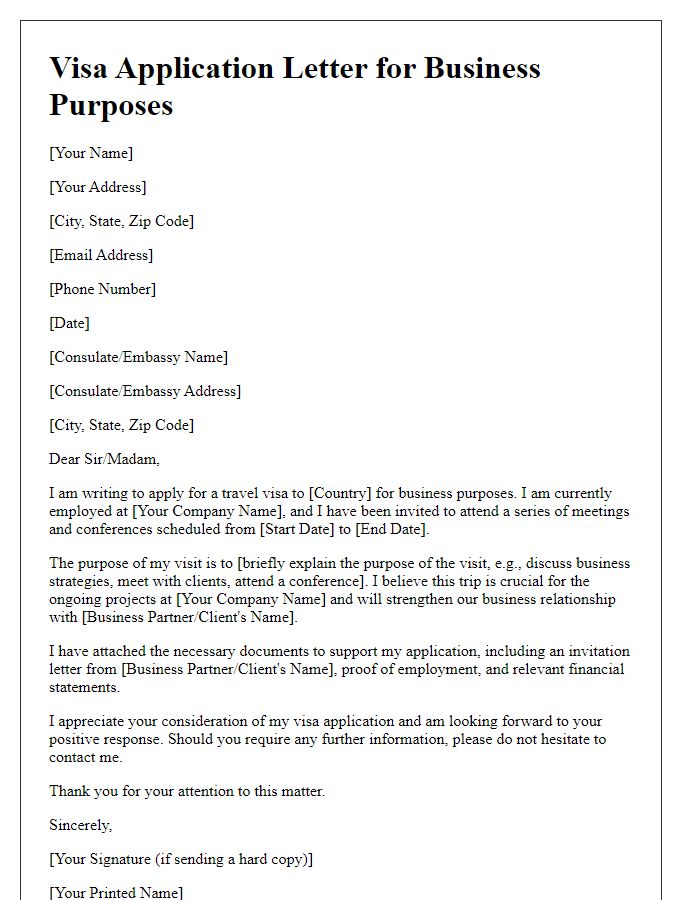
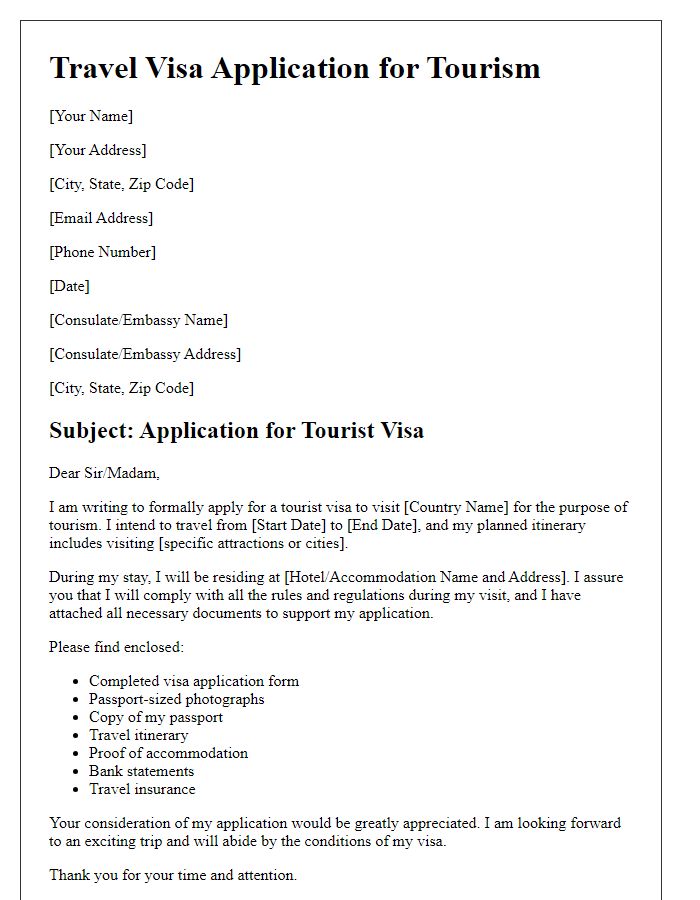
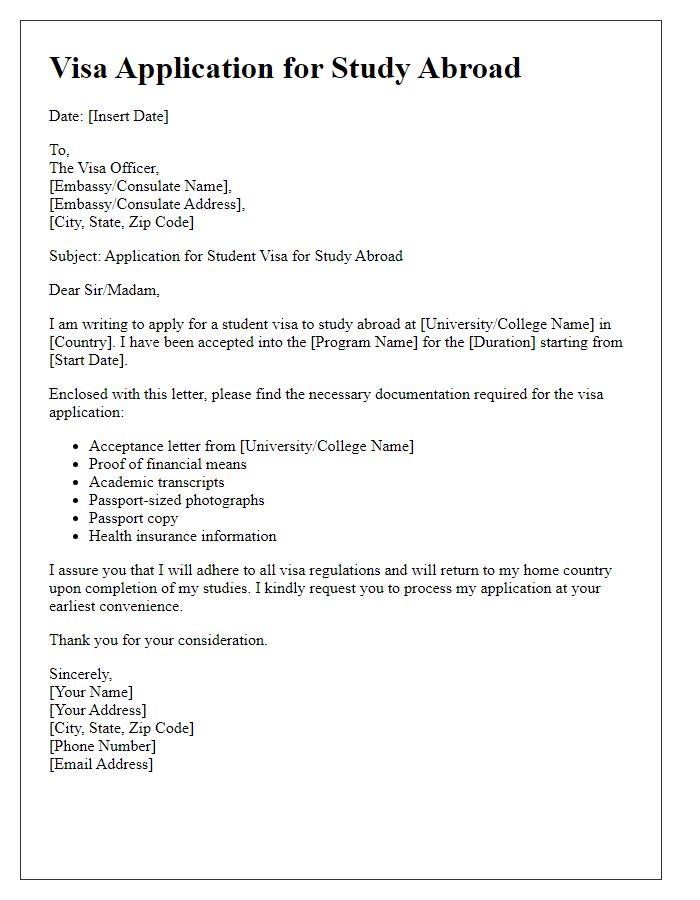
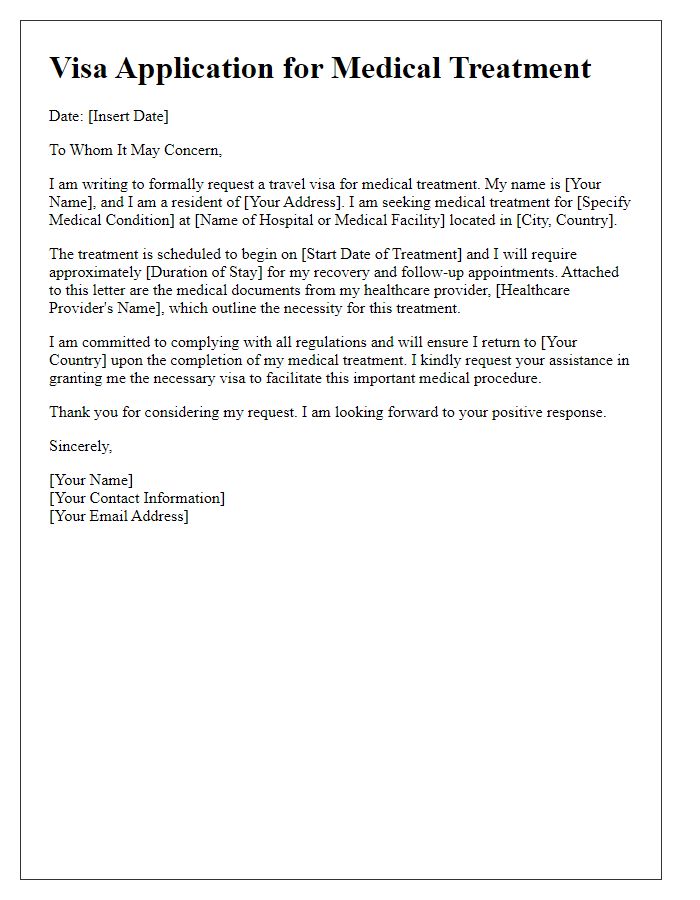
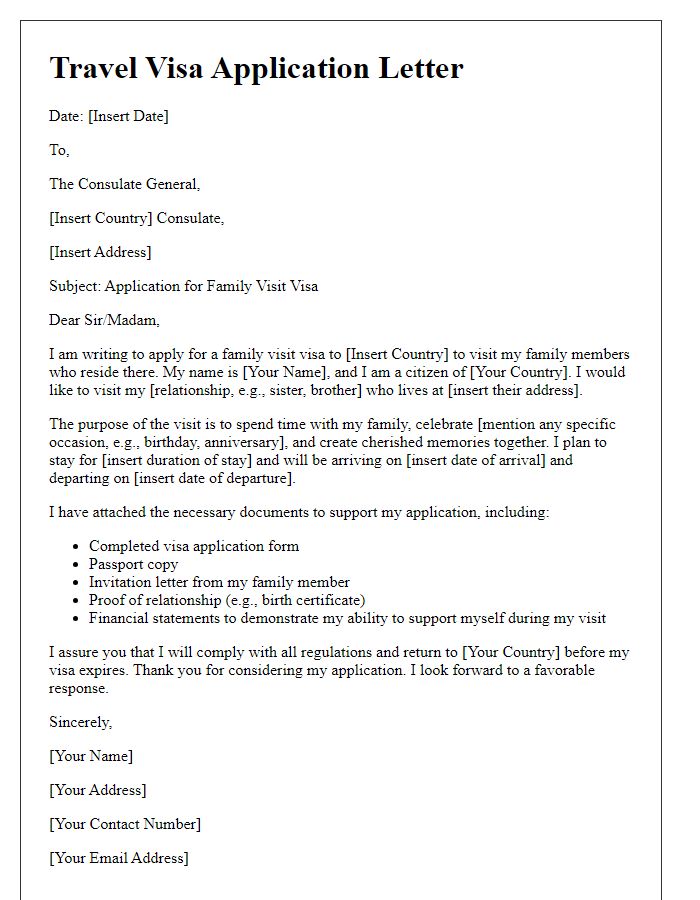
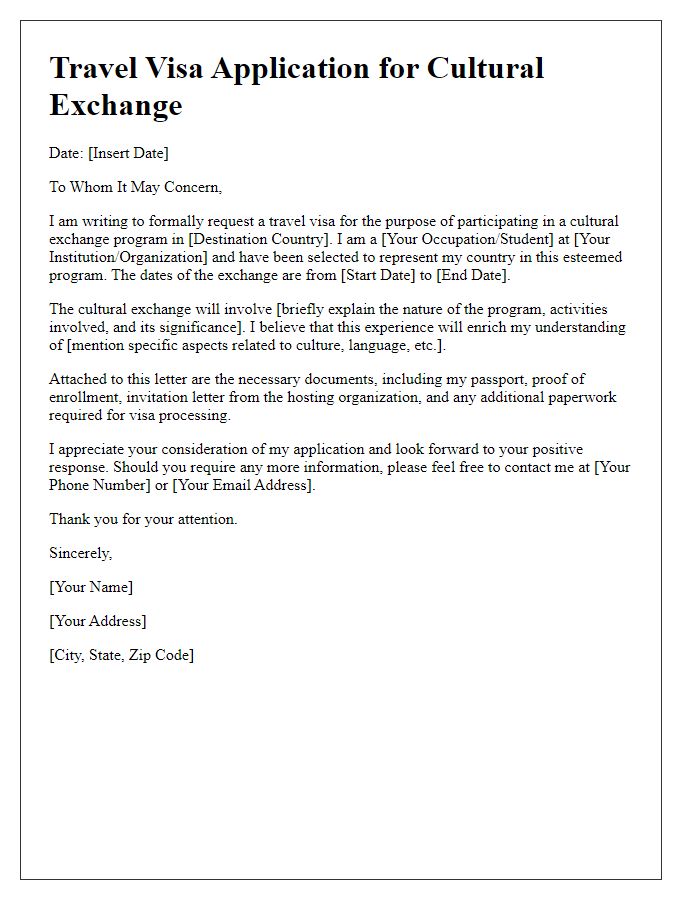
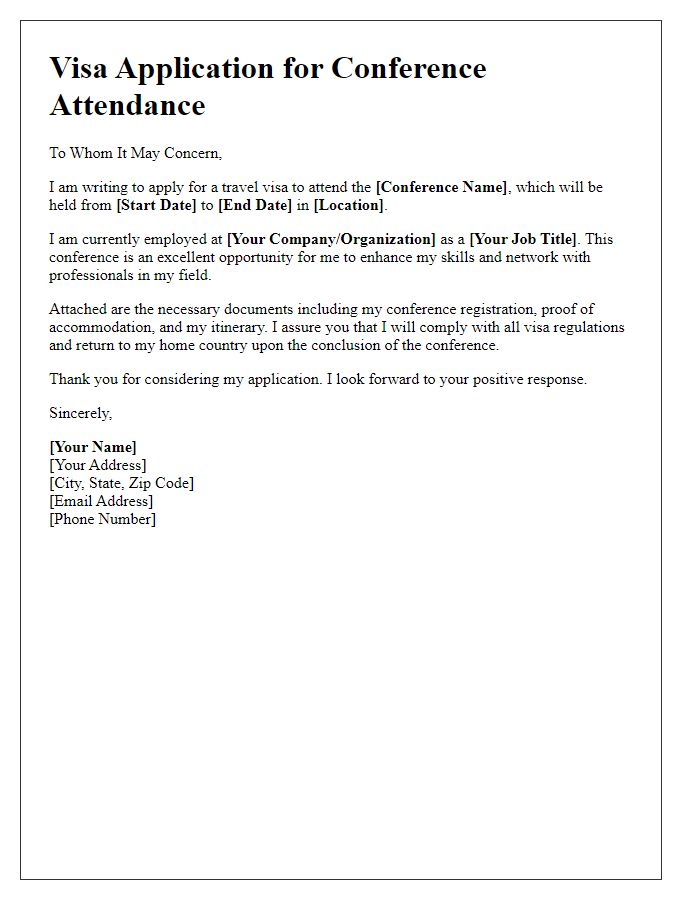
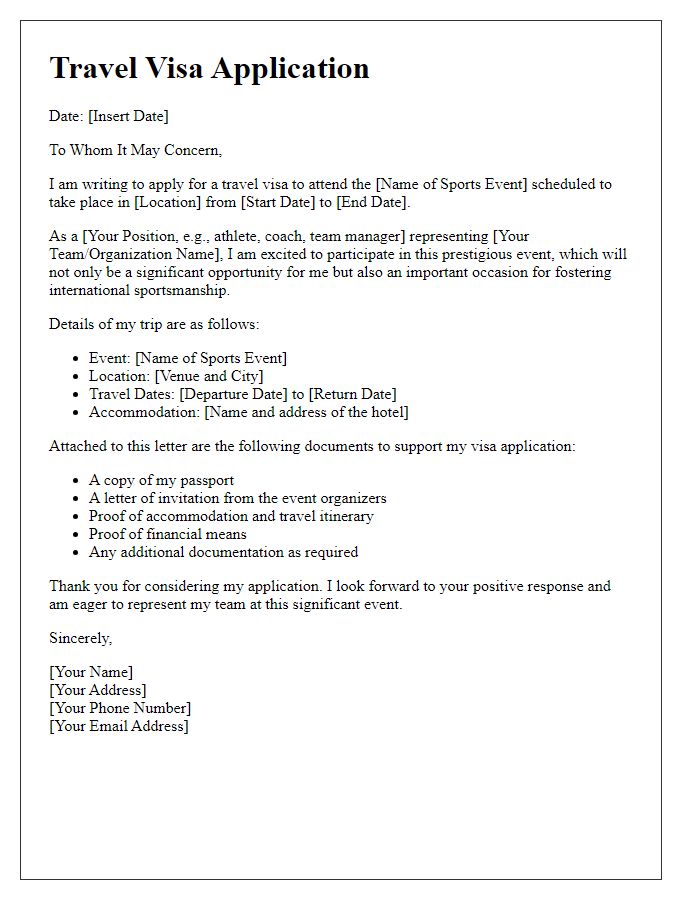
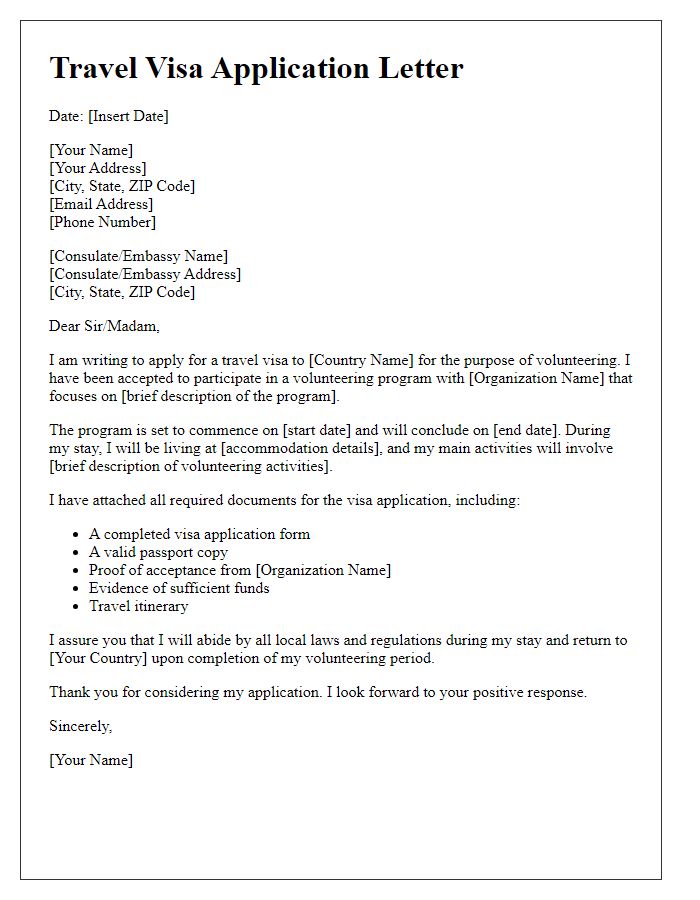
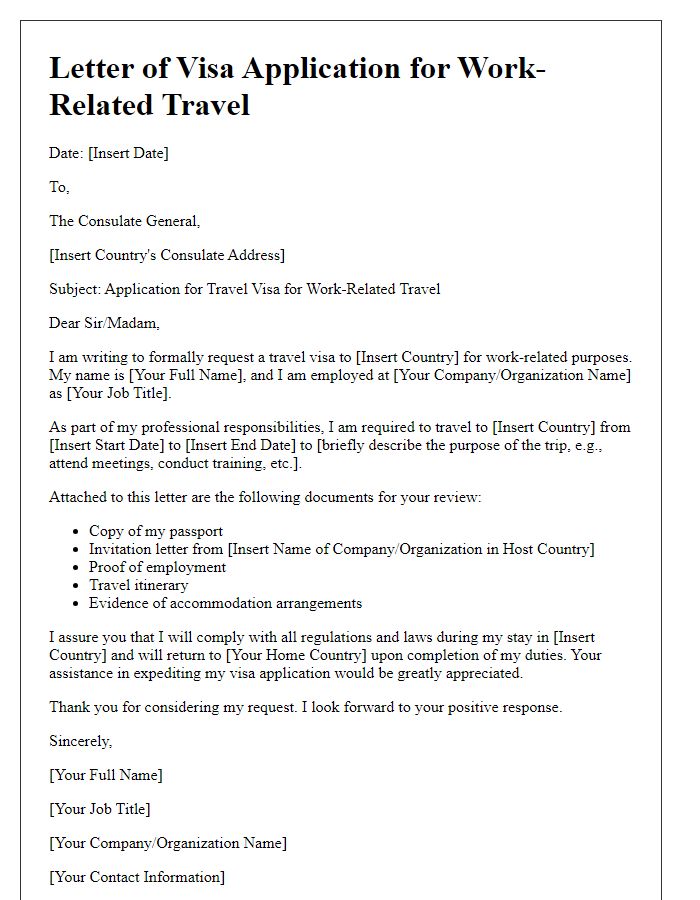


Comments